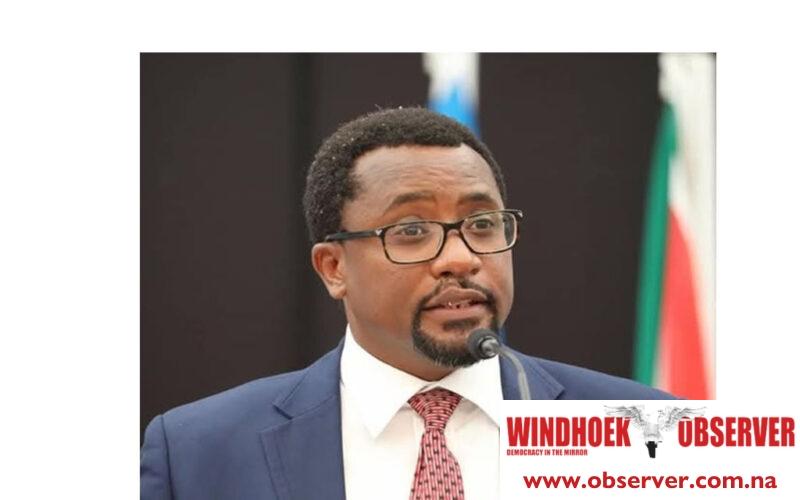Erasmus Shalihaxwe
More than 400 000 households across the country are still without electricity.
To meet its target of universal access by 2040, the government must connect at least 26 700 households per year, which currently represents just 6.68% of the total connected homes annually.
This is according to the deputy prime minister and minister of industry, mines and energy, Natangue Ithete, who was speaking over the weekend during the commissioning of electrification projects in Windhoek’s informal areas, in the Tobias Hainyeko constituency.
This comes as the cabinet approved the National Electrification Policy in 2022, which sets out that every household in the country should have access to electricity by 2040.
To achieve this, the ministry is targeting a 70% electrification rate by 2030.
“The Ministry of Industries, Mines and Energy, in collaboration with the City of Windhoek, started these projects last financial year through a Service Level Agreement. Since the beginning of the electrification project last year, about 814 households in Windhoek’s informal settlements have been connected, and 662 of those are already switched on,” Ithete said.
He said in Okatunda Y, 68 out of 96 houses are already connected, with work ongoing to connect the rest. Additionally, a contractor has been appointed to electrify 237 homes in Okatunda B, with construction underway.
“I want to commend the City of Windhoek for their commitment in this partnership,” he said.
According to Ithete, work to connect another 162 households in parts of Havana and Otjomuise will be completed by next month.
The ministry also plans to install 15 high-mast lights in informal areas to improve safety and visibility.
The first five will be up by the end of June, and the remaining ten by October 2025.
“This is an important intervention for safety, comfort and visibility. I believe that a well-lit community is a safer, more dignified community,” he said.
Ithete said while the ministry is proud of reaching 814 households, the ultimate goal remains to connect 55,000 unconnected households in Windhoek’s informal areas by 2030.
“As proud as we are of the total 814 households reached, we will not lose sight of the goal to connect 55,000 remaining unconnected households in Windhoek’s informal areas. And so, I challenge all to electrify every one of these households by 2030. The challenges faced by informal settlements are multifaceted. Electrification is a crucial step, but it is only the beginning. We are committed to continuing our efforts to provide clean water, sanitation, healthcare, and education,” he said.
City of Windhoek mayor Ndeshihafela Larandja said national leaders are united in the vision of a future where all residents have access to basic services.




